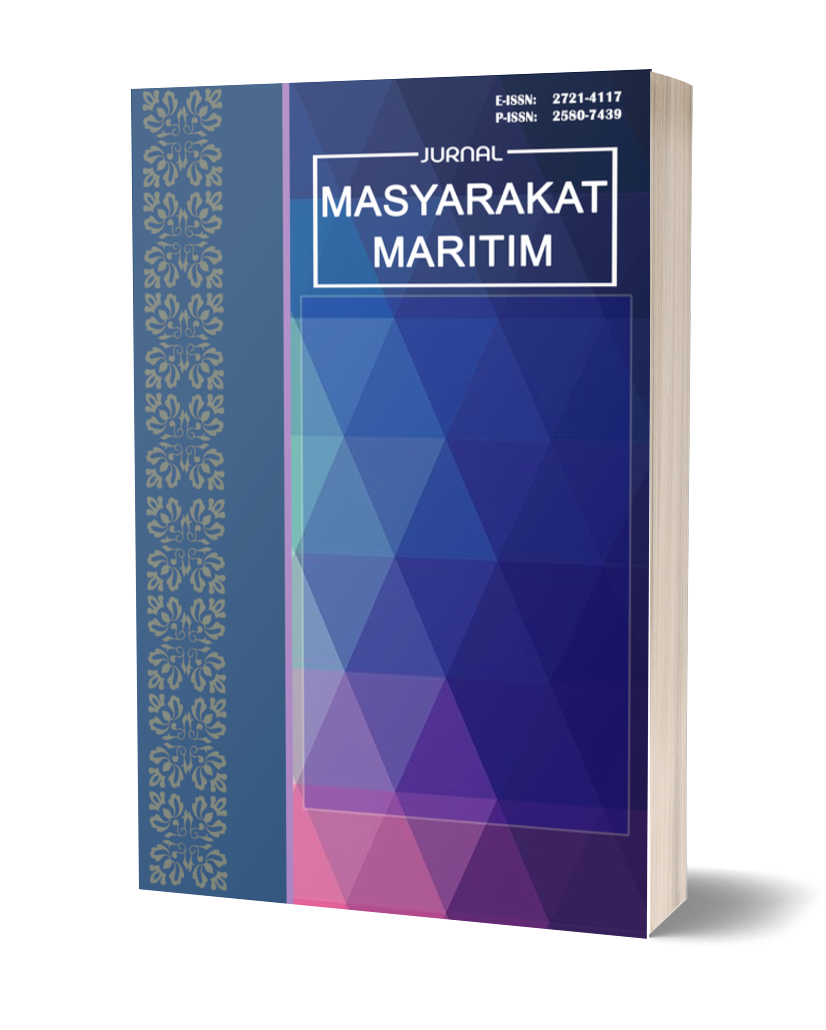The Role of Social Media/Internet During the Covid-19 Pandemic for Local Communities Around the University of Jember
DOI:
https://doi.org/10.31629/jmm.v6i1.4398Keywords:
covid-19, education, information, social mediaAbstract
A new variant of the coronavirus, namely SARS-CoV-2 which causes a disease, namely COVID-19, began to be reported in December 2019 in Wuhan, China. The virus spread almost all over the world and arrived in Indonesia for the first time in March 2020. COVID-19 then became a concern because it claimed many lives and spread the disease very easily, namely through human-to-human droplets. Several countries, including Indonesia, have finally implemented large-scale social restrictions (PSBB) in which these restrictions affect various sectors of society, both in terms of economy, education, society, and others. Advances in technology and information now make all activities feel more efficient, especially the problem of using social media. The development of this communication technology encourages communication actors who are not only used by individuals but become an alternative that is used to provide information and education related to the COVID-19 pandemic. This study wants to explore the education of the people of Jember Regency on COVID-19 through social media in it. Furthermore, this study also identifies how the media affects the local people of the University of Jember by involving social media communication in strategies to increase awareness about efforts to handle and prevent COVID-19. The implementation method used is qualitative. The required data is obtained from the distribution of online questionnaires Keywords: covid-19, education, information, social mediaDownloads
References
Alber, J. M., Paige, S., Stellefson, M., & Bernhardt, J. M. (2016). Social Media Self-Efficacy of Health Education Specialists: Training and Organizational Development Implications. Health Promotion Practice, 17(6). https://doi.org/10.1177/1524839916652389
Ali, I., & Alharbi, O. M. L. (2020). COVID-19: Disease, management, treatment, and social impact. Science of the Total Environment, 728. https://doi.org/10.1016/j.scitotenv.2020.138861
Ashidiqie, M. L. I. I. (2020). Peran Keluarga Dalam Mencegah Coronavirus Disease 2019. SALAM: Jurnal Sosial Dan Budaya Syar-I, 7(8). https://doi.org/10.15408/sjsbs.v7i8.15411
Duan, W., & Chen, H. (2019). Development and application of online tourism English teaching platform. PervasiveHealth: Pervasive Computing Technologies for Healthcare. https://doi.org/10.1145/3352740.3352755
Dwivedi, Y. K., Ismagilova, E., Hughes, D. L., Carlson, J., Filieri, R., Jacobson, J., Jain, V., Karjaluoto, H., Kefi, H., Krishen, A. S., Kumar, V., Rahman, M. M., Raman, R., Rauschnabel, P. A., Rowley, J., Salo, J., Tran, G. A., & Wang, Y. (2021). Setting the future of digital and social media marketing research: Perspectives and research propositions. International Journal of Information Management, 59. https://doi.org/10.1016/j.ijinfomgt.2020.102168
Levani, Prastya, & Mawaddatunnadila. (2021). Coronavirus Disease 2019 (COVID-19): Patogenesis, Manifestasi Klinis dan Pilihan Terapi. Jurnal Kedokteran Dan Kesehatan, 17(1).
Lewis, P. (2020). The Palgrave Studies in Adaptation and Visual Culture Series Review. Adaptation, 13(1). https://doi.org/10.1093/adaptation/apz030
Media, Y. M. (2020). Pengetahuan, Persepsi, dan Sikap Masyarakat Sumatera Barat Terhadap COVID-19. Inovasi, 17(2). https://doi.org/10.33626/inovasi.v17i2.272
Muhali, M. (2019). Pembelajaran Inovatif Abad Ke-21. Jurnal Penelitian Dan Pengkajian Ilmu Pendidikan: E-Saintika, 3(2). https://doi.org/10.36312/e-saintika.v3i2.126
Murthy, D. (2012). Towards a Sociological Understanding of Social Media: Theorizing Twitter. In Sociology (Vol. 46, Issue 6). https://doi.org/10.1177/0038038511422553
Putri, W. S. R., Nurwati, N., & S., M. B. (2016). PENGARUH MEDIA SOSIAL TERHADAP PERILAKU REMAJA. Prosiding Penelitian Dan Pengabdian Kepada Masyarakat, 3(1). https://doi.org/10.24198/jppm.v3i1.13625
Reveley, J. (2013). The exploitative web: Misuses of Marx in critical social media studies. Science and Society, 77(4). https://doi.org/10.1521/siso.2013.77.4.512
Susanto, E. H. (2017). Media Sosial Sebagai Pendukung Jaringan. Aspikom, 1.
Villalón, R., & Feld, C. (2016). Constructing Memory through Television in Argentina. Latin American Perspectives, 43(5). https://doi.org/10.1177/0094582X15570878
WHO. (2020). WHO Timeline - COVID-19. In Wold Health Organization (Issue April).
Zhou, E. W. (2020). The Coronavirus Prevention Handbook. Buku Panduan Pencegahan Coronavirus 101 Tips Berbasis Sains Yang Dapat Menyelamatkan Hidup Anda.














